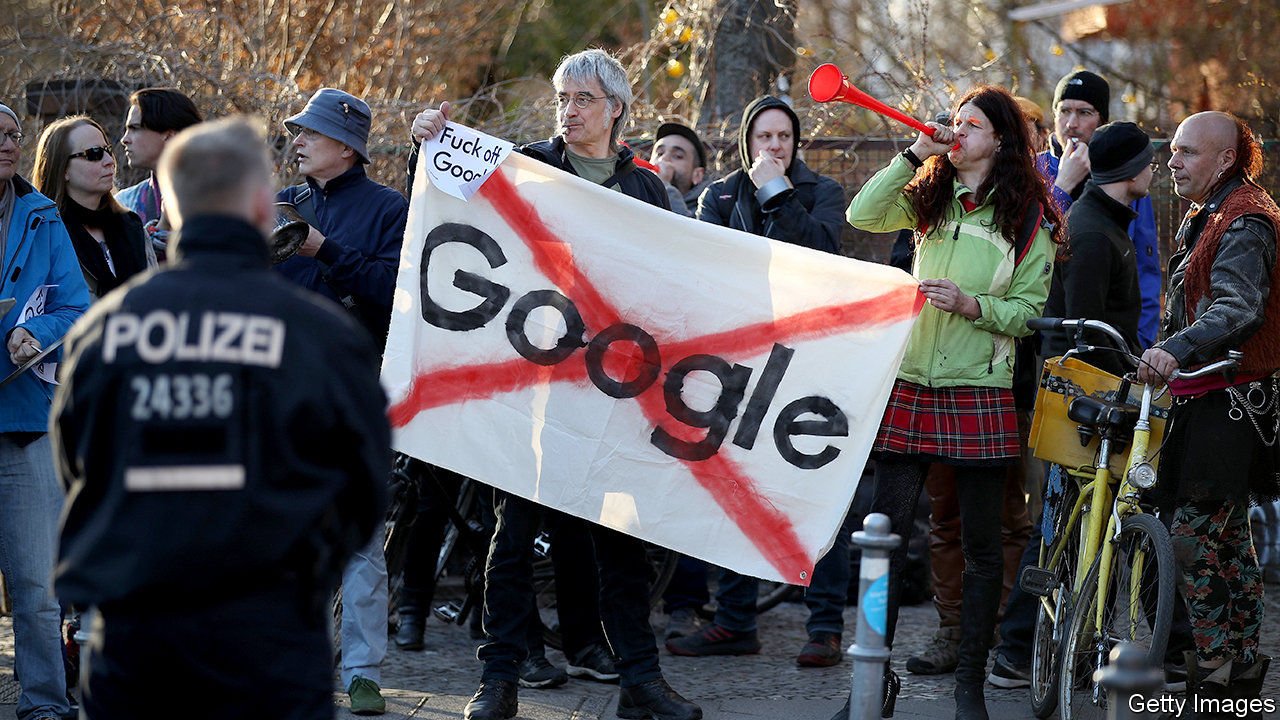Introduction to Topic
By Sukhi Gulati-Gilbert and Mallory Knodel An open internet is one where everyone has an equal opportunity to access and share information. Such openness is crucial to promoting fundamental human rights – including freedom of expression, right to information, and choice – and to true democracy and agency. A closed internet cannot promote these rights […]
In Respect to Regulation
The Digital Markets Act is ambitious in its aims, with objectives that take into account the interests of not a single stakeholder group, but the interests of many - at the forefront of which are users.
Pluralistic: Daily links from Cory Doctorow
Privacy Factors
By Sukhi Gulati-Gilbert Requirements that online platforms share data with businesses that use their services are increasingly being implemented or proposed as procompetitive measures. The Digital Markets Act and the proposed American Innovation and Choice Online Act are two examples which mandate certain data sharing between platforms and business users. While open data sharing between […]
Platforms
Interoperability is a promising lever for regulators to use to hold dominant online platforms accountable and promote competition.
Update, October 1, 2021: The original version of this essay incorrectly stated that Metcalfe's Law dictated that the number of connections in a network doubled with each new user; that has been corrected, below.When the FTC filed its amended antitrust complaint against Facebook in mid-August, we...
Truly unlocking competition in tech means increasing interoperability; an absolutist approach to privacy is doing the exact opposite.
As a Solution to Competition
Seeking to make Big Tech less central to the Internet.,Seeking to make Big Tech less central to the Internet.
“Interoperability” is the act of making a new product or service work with an existing product or service: modern civilization depends on the standards and practices that allow you to put any dish into a dishwasher or any USB charger into any car’s cigarette lighter.But interoperability is just the...

Use antitrust to promote interoperability, says Cory Doctorow, an author and tech activist
Generative Interoperability: Building Online Public and Civic Spaces [PDF]
DMA and interoperability of
encrypted messaging [PDF]
In this video, we discuss the forces that keep us using services like Facebook long after we stop enjoying them (hint, it's not because social media is "addictive") and we present a short "design fiction" explaining what it might be like to use social media in the near future, after big companies...
Messaging
Doing right by people’s privacy will take time. It’s worth it.
New phone, who dis?
The news the the EUwill require that messaging companies provideinteroperabilityhas gotten a lot of attention, both positive(matrix.org)and negative (AlexStamos,Alec Muffett, SteveBellovin),as detailed in thisWiredarticle (see also this ISOCwhite paper). At a high level,I'm more positive on the idea of interoperability for messaging systemsthan some others are, but it's certainly not a trivial problem andat least some of the EU timelines seem pretty unreasonable. Read onfor more.
By Sukhi Gulati-Gilbert & Michal Luria Interoperable encrypted messaging has the opportunity to provide increased choice and agency to consumers. Interoperability is a cornerstone of our underlying communications infrastructure — an internet architecture principle that facilitates decentralized networks that are more robust, resilient and equitable. Yet for implementers, interoperability introduces many challenges. To design such […]
Technical Mechanisms
The IETF has been working on Instant Messaging Interoperability since the late 1990s. At the time, different groups within IETF proposed separate protocol suites (SIMPLE, APEX, and XMPP) because the community could not come to consensus on a single protocol (arguably due to a lack of consensus on the additional requirements which made these proposals unique). In the interests of interoperability, the IMPP Working Group developed a general framework for interoperability [RFC3860], and the Common Presence and Instant Messaging (CPIM) Message Format [RFC3862], an interoperability format that could pass through gateways among these protocols, even when end-to-end encrypted.
Modularity Theory and Internet Regulation [PDF]
Additional Notes
This topic started with a thread by Mallory Knodel.